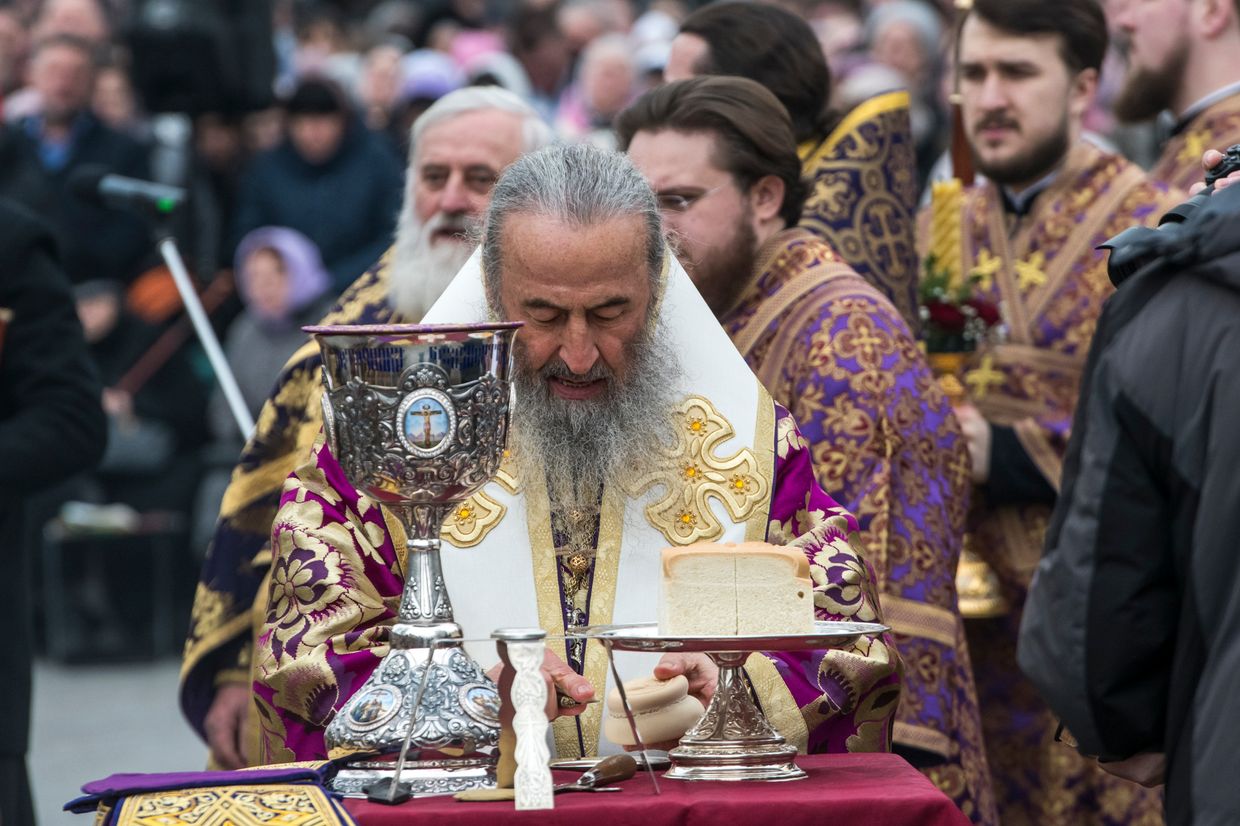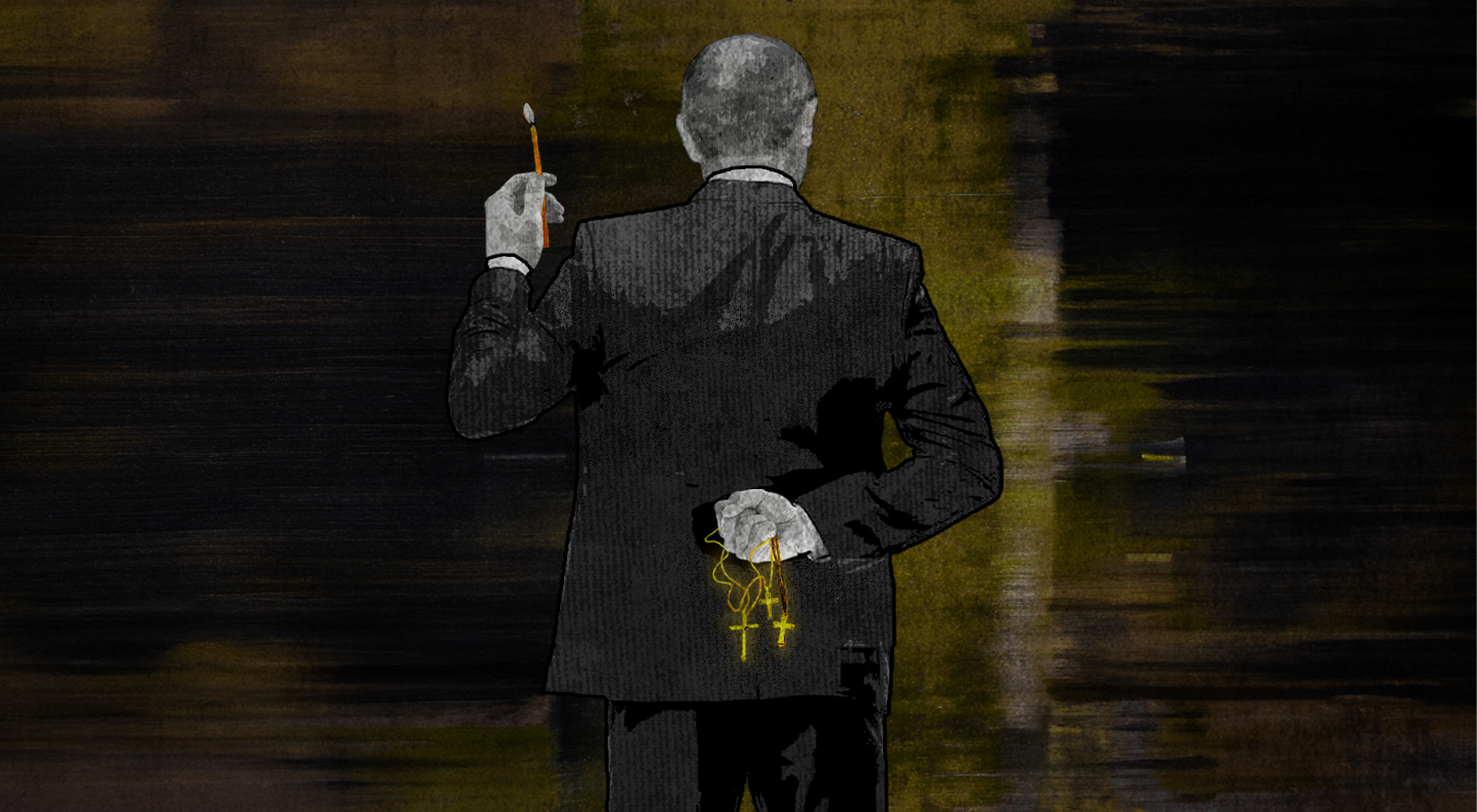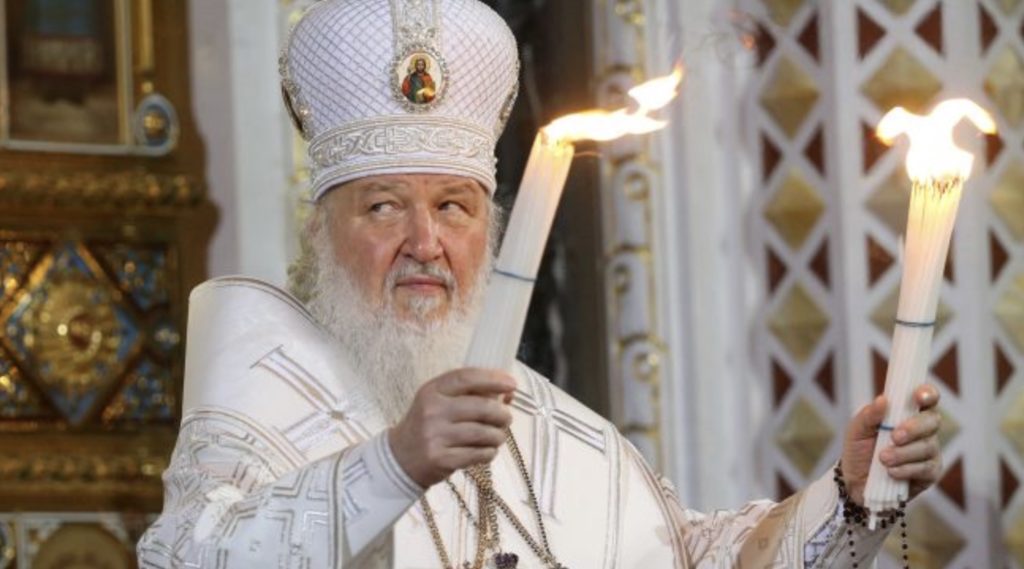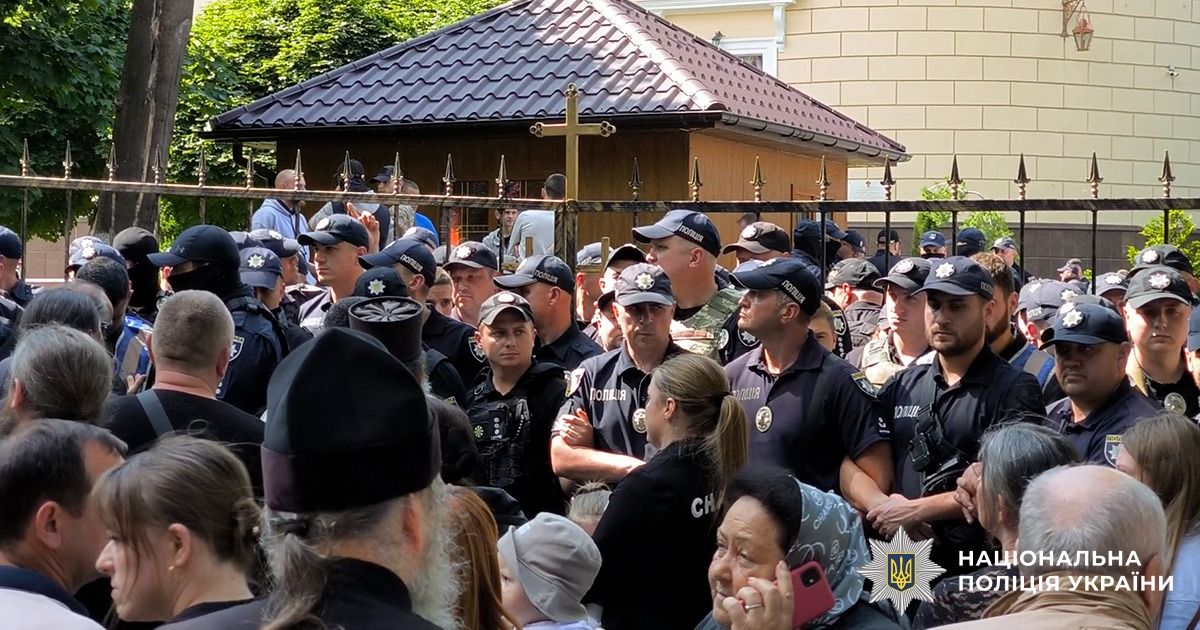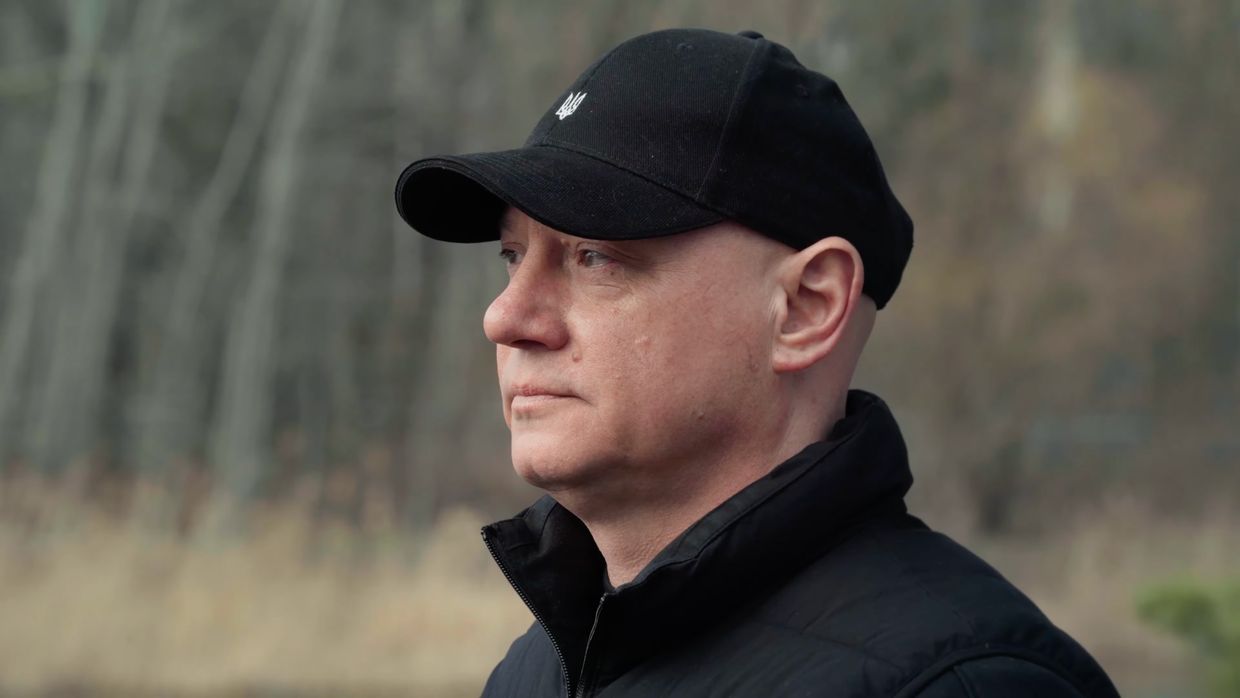Baptist-led church council in Kyiv warns: Russia must be condemned or real peace won’t come
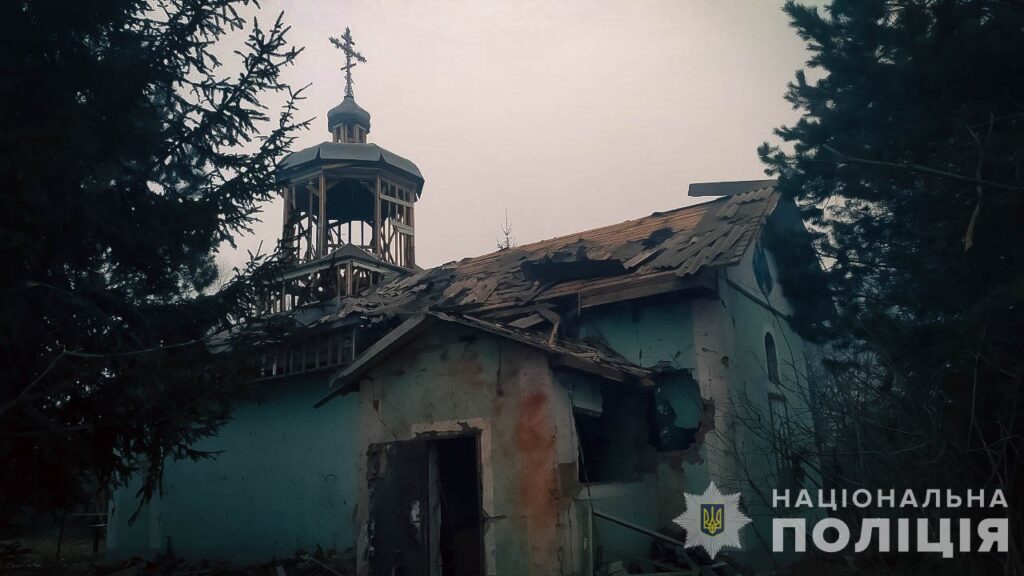
The currently Baptist-led church council in Kyiv says real peace is impossible without denouncing Russia’s crimes. In a joint appeal, Ukraine’s top religious leaders warn that silence enables atrocities and emboldens aggression far beyond the battlefield.
Churches denounce Russia’s war as evil and imperialist
Ukraine’s Church Council — officially the All-Ukrainian Council of Churches and Religious Organizations (AUCCRO) — issued a public appeal on 8 July 2025, calling on believers around the world to respond to the deepening spiritual and humanitarian catastrophe caused by Russia’s full-scale war against Ukraine.
AUCCRO described the invasion as “imperialist in nature,” citing widespread suffering: devastated cities and homes, mass displacement, family separations, abductions of Ukrainian children, and systemic violations of rights.
The statement stressed that the situation has become even more intolerable in recent months, as Russia’s military increasingly targets peaceful towns and villages far from the front.
“The powerful of this world avert their eyes,” the Council said, while the ideology behind these crimes — the so-called “Russian world” — continues unchecked.
Statement answers Russian propaganda amplified in the US
This statement also responds directly to Russian propaganda narratives, falsely claiming Ukraine has banned Christianity or Orthodoxy. These narratives have been amplified by some US Republicans and far right public figures, who portray Russia as a Christian power and Ukraine as hostile to religion.
As detailed by Euromaidan Press earlier, the law does not automatically ban the Ukrainian Orthodox Church of the Moscow Patriarchate (UOC MP). Instead, it prohibits religious organizations found to be subordinated to Russian structures, specifically the Russian Orthodox Church. The State Service for Ethnopolitics (DESS) will review UOC MP parish statutes and give those linked to Moscow nine months to cut ties.
Importantly, the UOC MP is not even the largest Orthodox denomination in Ukraine. That role belongs to the Orthodox Church of Ukraine (OCU), an autocephalous church recognized by the Ecumenical Patriarchate. Ukraine is also home to Greek and Roman Catholic churches, as well as a wide variety of Protestant communities.
AUCCRO itself includes members from all of these denominations, including the UOC MP — clearly refuting the Russian narrative — and from major non-Christian religious organizations.
Spiritual battle for dignity and justice
AUCCRO warned that Russia’s war is not only military, but moral and spiritual.
“Peace is not the absence of war,” the statement reads, “but the restoration of justice, dignity, and the right to self-determination.”
The clergy insist that only by naming and resisting evil can real peace be achieved. Any silence, they warned, only rewards atrocity and encourages further aggression.
The Council appealed to believers in democratic countries and all people of goodwill to “raise a united voice for truth and justice,” using every available means to help end the war and ensure accountability for Russia’s crimes.
Council now led by Evangelical Baptist head
The Baptist-led council in Kyiv is currently chaired by Valerii Antoniiuk, head of the All-Ukrainian Union of Churches of Evangelical Christians-Baptists.
The statement ends with a call for solidarity and faith in action:
“Let our joint prayers and actions become a powerful sign of solidarity of humanity against the evil that threatens the spiritual and moral foundations of civilization.”
Read also
-
Republican Party lawmaker says Ukraine should not count on Biden-era weapons after Kyiv banned church led by Putin’s war priest
-
Estonian Parliament supports restrictions on churches justifying Russian aggression
-
Yes, Tucker, Christians are really killed in Ukraine — for refusing to spy for Putin
-
Fact check for Tucker Carlson: Russia, not Ukraine, is persecuting Christians
